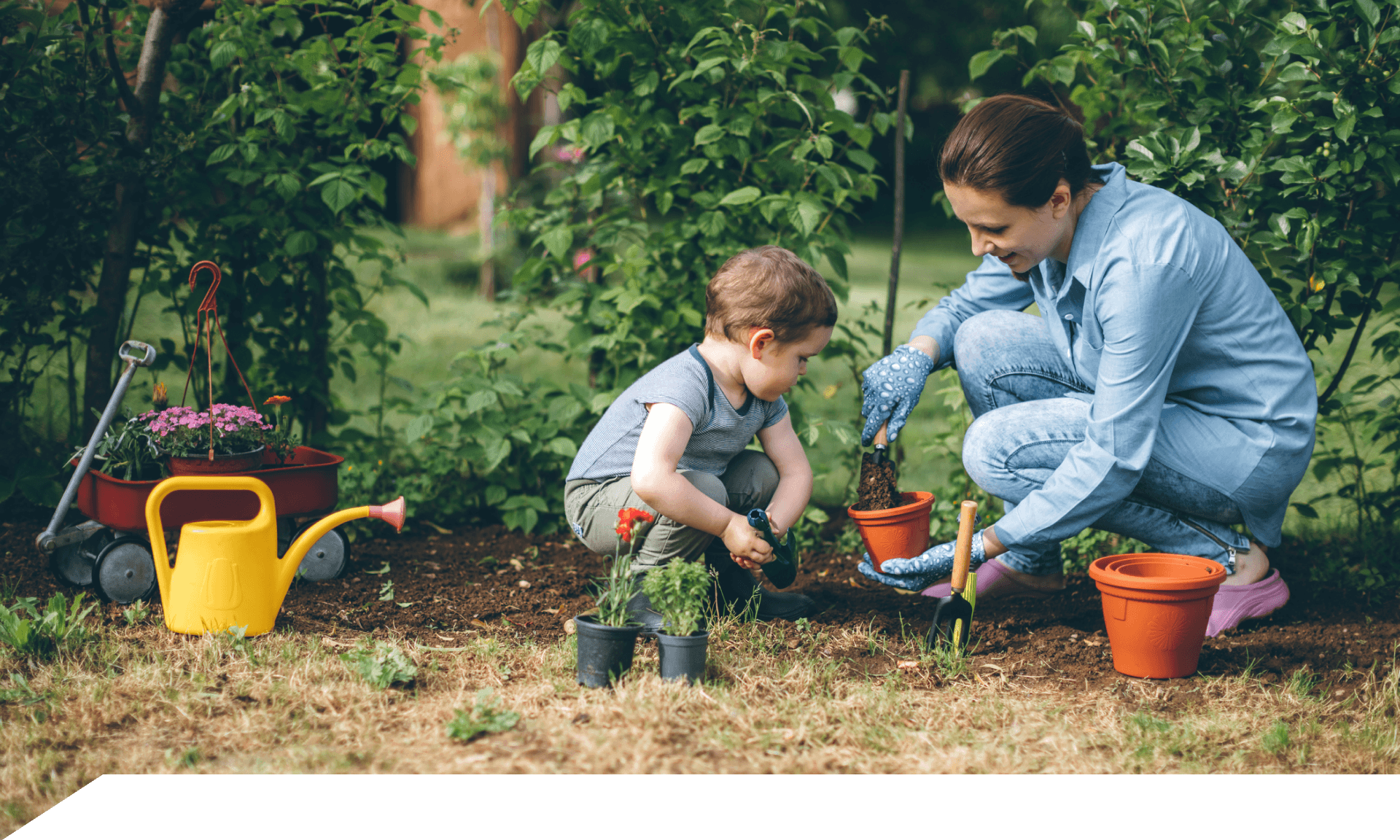Welcome to adulthood, where you look forward to a quiet weekend that involves gardening. It comes with several potential benefits, including easing anxiety and providing a sense of community. What comes with much fewer benefits: Pesticides used to repel those annoying critters that infiltrate your garden. So what can you do if you’re looking for more natural pest control options?
We asked Dan Wixted, extension support specialist with Cornell Cooperative Extension’s Pesticide Safety Education Program, and Amara Dunn-Silver, biocontrol specialist for Cornell’s New York State Integrated Pest Management Program, for their advice.
How can I deal with pests in my garden without using chemicals?
Identify your pests and find out if they’re a threat to your garden, family, or home, says Dunn-Silver. (Your local Cooperative Extension office can help.) “Many insects around the garden are actually beneficial, or at least neutral.”
Diversify your plants. Growing a mix of plants, “including plenty of flowers that feed and support beneficial insects (pollinators and natural enemies of pests),” can be a natural way to control pests, says Dunn-Silver. “Choose vegetable, flower, and shrub species and varieties that are less susceptible to disease and insect pests.”
Skip homemade pesticides. It’s common for people to think they can use household products like vinegar or dish soap, thinking that they’re safe and don’t count as a chemical. “This is inaccurate. Mixing your own pesticides — any substance or mixture of substances that kills pests — from ingredients around your home is unsafe and [sometimes] illegal,” says Dunn-Silver.
Can’t avoid pesticides?
Then make sure you read the label carefully. “That means use only as much as the label says and only where the label tells you,” says Wixted. For example, if the product doesn’t mention vegetables, don’t use it in your vegetable garden.
You’ll also want to keep an eye out for hazards and how to avoid them. Another example: “If the label says the product is toxic to bees, it will also say things like ‘do not apply to plants in bloom’ or ‘do not apply when bees are actively foraging,’” he says.
Live Smarter
Sign up for the Daily Skimm email newsletter. Delivered to your inbox every morning and prepares you for your day in minutes.
